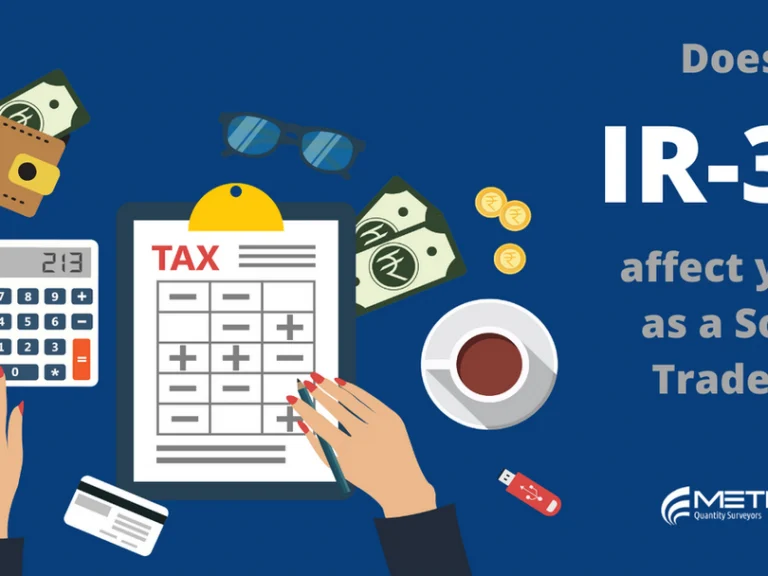Previously we have produced videos and created blogs that tackle the way the new IR35 legislation could affect you as an individual working through a “Personal Service Company” (or sometimes termed contractor / free lancer etc.) and also how it may affect an employer who uses contractors of this nature. These videos can be found on our website and our YouTube channel if you wish to take a look!
However, we have had discussions and comments from sole traders who still feel in the dark about whether they will be affected by the updated IR35 legislation. Therefore, we wanted to do something about that and so this Blog and it’s partnering video seeks to tackle these concerns and will hopefully provide some much-needed clarity for sole traders.
Generally, the definition of a sole trader would be classed as someone who both owns and runs their business and has no legal, separate identity from the person themselves. It is commonly said that as a sole trader, you are the business, and the business would simply not exist without you. So, as a sole trader you wish to understand if the new IR35 legislation will relate to you in the same way that it does to incorporated “Personal Service Companies”, sometimes termed contractors.
Simply put, the answer would be ‘no’. As a sole trader you are not affected by IR35 legislation because it only applies to incorporated companies where an intermediary between the client and the individual exists. And of course, because a sole trader does not have this separate legal entity, the incorporated company, between them and the client, the rules cannot apply. This is also why Sole Trading can be seen as a “riskier” style of business as the individuals personal assets become liable to any debts. The benefit of having a limited (or incorporated) company is literally in the name… It provides limited liability for any business transactions and keeps the individuals assets safe.

However, there is a big ‘but’… The rules around principles of employment status – which is extremely closely tied to IR35 – and underpinned by employment law affect everyone, including Sole-Traders. Effectively, this means that the sole trader in question would still need to pass the relevant principles of employment test, and if they are deemed an employee, the usual tax implications are still required to be met. These obligations however would be dealt with under “employment law” rather than IR35 legislation.
The principles tests of employment are:
· Control – What degree of control does the client have over what, how, when and where the worker completes the work.
· Substitution – is personal and direct service by the worker required, or could a different worker with the same skills substitute their place?
· Mutuality of obligation – this is a concept where the employer is obliged to offer work and the worker is obliged to accept it.
Generally, sole traders are able to demonstrate enough control over their own work to be considered self-employed rather than a direct employee of their client. As such, any income generated by their business will be considered personal income, and therefore you are legallyobliged to complete a self-assessment tax return each year.
Taxes that sole traders must pay are:
- Income Tax
- Class 2 and Class 4 National Insurance contributions
- Regular VAT payments if you are registered for VAT
If, you are considered a full-time employee of the client you are working for then the above should be paid through the companies usual PAYE.

Thus, to conclude sole traders’ income and tax implications are not governed by IR35 legislation but will be governed by employment law, and the obligation to carry out a self-assessment tax return every year will ensure legalities are being met.
So just to clarify, Sole Traders should not be worried about IR35 legislation as it will not affect them. What sole traders should have knowledge of however, is the relevant employment legislation that applies to them and ensure accurate reporting of their self-assessment taxes each year.
Disclaimer, we are not providing legal advice in this area. Please seek professional legal advice for more information.






